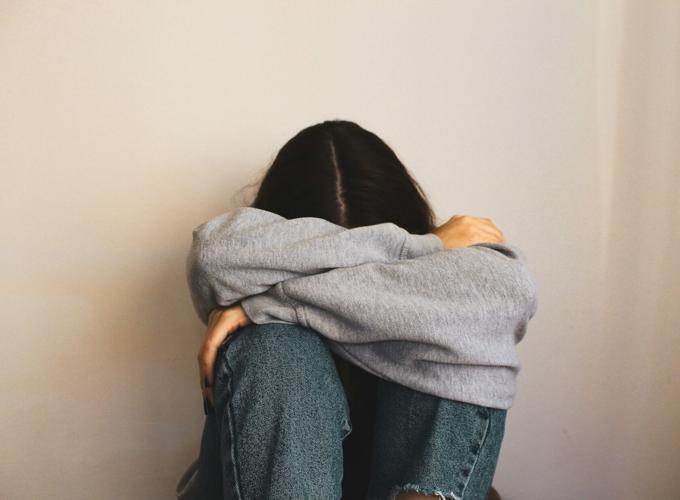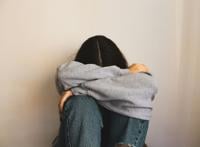
Carolina
By Stephen Beech
The loneliness epidemic is bad for Britain's finances as well as mental and physical health, according to new research.
Lonely people incur around £900 more each in annual NHS healthcare costs than people not afflicted by loneliness, suggest the findings.
Four in 10 UK adults identify as being lonely at least some of the time, and the World Health Organisation (WHO) recognizes loneliness as a "priority" public health problem.
Previous research supports that claim, but the effect of loneliness on healthcare costs had been largely unexplored until now.
Dr. Nia Morrish, from the University of Exeter, and her colleagues analysed the Understanding Society UK Household Longitudinal Study, which gathers survey and interview data.
The researchers looked at self-reported loneliness, health and well-being measures and National Health Service expenditures across 23,071 participants from 2021 to 2023.

(Photo by Tima Miroshnichenko via Pexels)
Around 32% of the participants felt lonely some of the time and about one in 12 (8%) reported feeling lonely "often."
Loneliness was associated with mental distress, worse mental well-being and poorer physical and mental functioning.
Healthcare costs were estimated at £49 per GP visit, £217 per outpatient visit and £1,111 per inpatient case.
The findings showed that people who reported being often lonely incurred around £900 more in annual NHS costs - including GP, outpatient, and inpatient care - than the non-lonely.
The study suggests those experiencing loneliness booked more outpatient visits and GP appointments.
The findings, published in the journal PLOS One, also showed that the difference in healthcare costs associated with loneliness tended to increase with age, such that lonely older adults tended to incur relatively more in NHS costs compared to their non-lonely peers than did lonely middle-aged adults.
The exception was the youngest, often lonely adults, aged 16 to 24, who actually incurred larger costs compared to their non-lonely peers than those in the 25- to 34-year-old and 35- to 49-year-old age groups.

Mr Xerty
The researchers say the finding that loneliness affects health and related costs more significantly in 16- to 24-year-olds supports the provision of increased healthcare resources for lonely young adults.
Dr. Morrish, a postdoctoral research associate in public health economics, said: “We know that loneliness has a significant effect on health and well-being, particularly among older adults.
"However, we know much less about its impact across the wider population and on healthcare service use.
"Using a large UK-based dataset, this study examined both the health and economic consequences of loneliness.
"We found that people experiencing loneliness, especially in younger adulthood and later life, incur higher NHS costs compared with those who are not lonely.
"Loneliness was also strongly linked with poorer health, reduced well-being, and lower quality of life.”
Co-author Professor Antonieta Medina-Lara, also from the University of Exeter, added: “Our findings highlight the importance of recognizing loneliness as both a public health issue and an NHS priority.
"Too often overlooked, loneliness carries substantial personal and societal costs.
"By making these visible, we hope to encourage new approaches to help people build connections, improve well-being, and ultimately reduced the burden on health services.”





















(0) comments
Welcome to the discussion.
Log In
Keep it Clean. Please avoid obscene, vulgar, lewd, racist or sexually-oriented language.
PLEASE TURN OFF YOUR CAPS LOCK.
Don't Threaten. Threats of harming another person will not be tolerated.
Be Truthful. Don't knowingly lie about anyone or anything.
Be Nice. No racism, sexism or any sort of -ism that is degrading to another person.
Be Proactive. Use the 'Report' link on each comment to let us know of abusive posts.
Share with Us. We'd love to hear eyewitness accounts, the history behind an article.